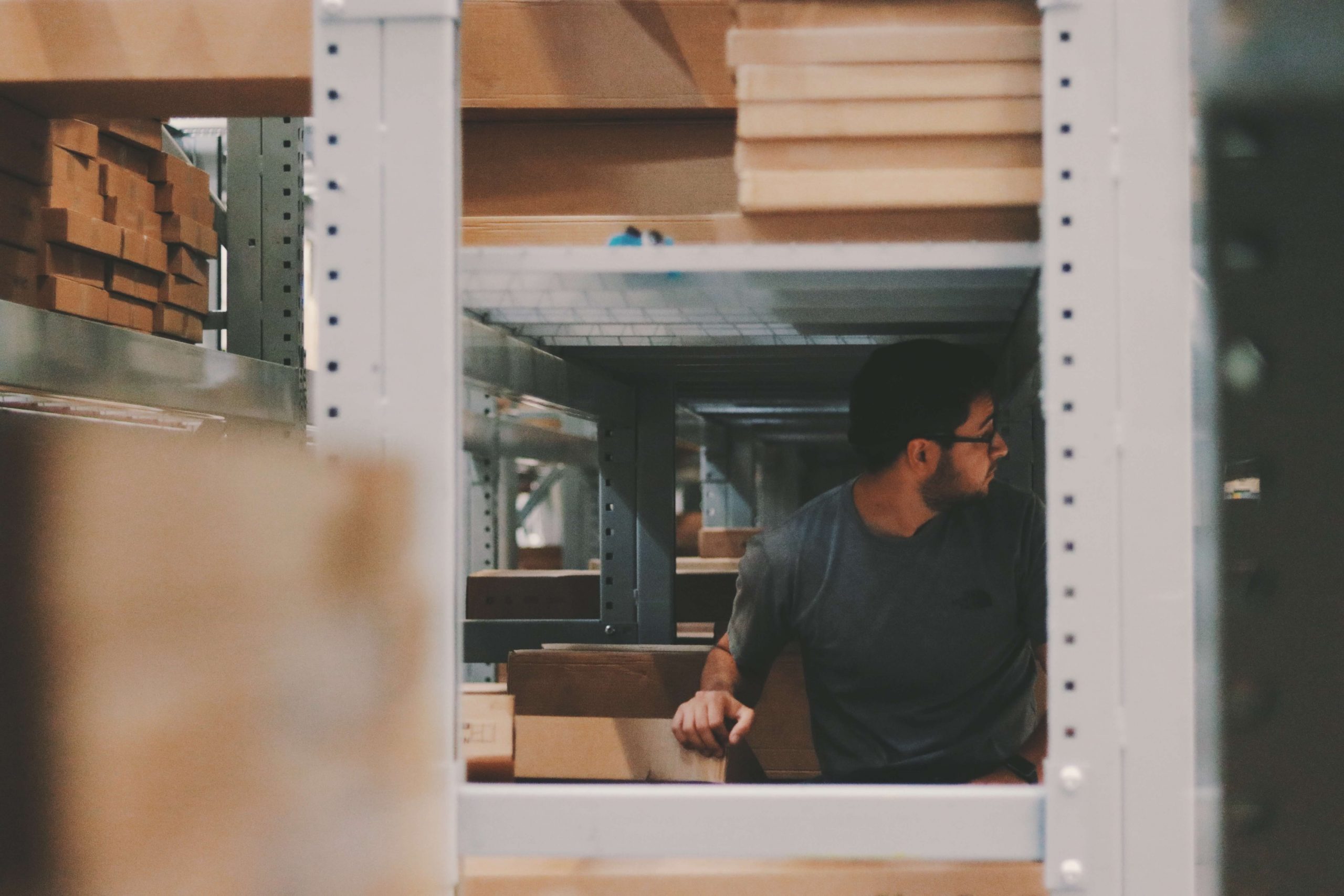1. Self-Storage vs. Full-Service
There are two kinds of storage facilities: self-storage and full-service storage. The main difference between these kinds of storage facilities is the level of service that they offer their customers. While full-service storage includes movers to come and pick up your stuff and take it to the storage unit for you, self-storage, which is more commonly used and cost-friendly, requires users to be responsible for taking care of their storage unit and possessions.
Both of these kinds of storage have their benefits and drawbacks. Although full-service is generally more convenient as the facility handles moving and storing your belongings, it can also be restrictive in that you may need to request access to your things. This isn’t an issue with self-storage as you must manage your own unit, although tasks like keeping inventory and moving the items are also your responsibility as well. It may be worth it to hire a moving company or renting out a truck yourself, depending on the size of the load you need to store.
2. Understanding Your Unit
If you are looking at getting a unit, one of the first points of consideration is its size; it would be a waste of money to rent out a unit that is too big, but also disappointing if the space you get doesn’t accommodate all of your belongings. The key to avoiding this is measuring your items ahead of time to get a sense of the space you’ll need. It may also be worth calling your facility and seeing what size unit they think will best fit your stuff. Also take into consideration that you will need to leave a bit of room to maneuver around the unit.
When picking a rental facility, it’s worth shopping around. Compare different pricing options and facility features that’ll fit your lifestyle and use of your unit. If you receive promotional pricing on your unit, be aware of any changes that may occur in your future billing. You may also encounter extra fees that you had not initially considered when you rented your storage unit like insurance or other facility fees, so it is important to be as informed as possible ahead of time.
3. Choosing a Unit
Some other options you may want to consider when it comes to choosing your unit are its location, accessibility, and use. Depending on the facility you are renting from, you may have to choose between an indoor or outdoor unit. Neither option is objectively better than the other as it is completely dependent on personal preference. While indoor storage may be beneficial for those who are hoping to access their unit during different seasons, it presents a challenge when moving larger items as the space tends to be a bit more restrictive. On the other hand, outdoor storage does not have same restrictions and it may be cheaper in comparison, however renters will have to contend with weather like ice or rain.
It is a good idea to consider how accessible you need your storage unit to be before picking a facility. Compare the facility’s hours of operation to what you perceive your hours of usage will be. If you would like unrestricted access to your belongings, it may be worth it to opt for a facility that is open 24/7 rather than one with limited hours.
Your proximity to the facility is also important, especially if you plan to visit frequently; if so, it may be worth getting a unit closer to your home. You’ll also need to follow any storage or restricted substance guidelines at your facility; most do not allow hazardous materials to be kept on site, but there are also some other restrictions that may exist.
You should also consider whether you’ll need a climate controlled unit, which can help prevent mold and protect any delicate items. Though it may not be necessary for all renters to have one, this can be particularly important for those interested in keeping keepsakes, such as photographs, in storage as it is important to maintaining their condition. If you are uncertain about whether or not to get a climate-controlled unit, it may be worth doing a bit more research to figure out if it is necessary to preserve your belongings.
4. Create a Rental Plan
Most storage units are rented out monthly as this allows for a bit of flexibility if you are only hoping to use the unit for a short period of time. However, there may be shorter term options available depending on the facility. Renting out a storage unit can get quite expensive over long periods of time, so it’s worth assessing how long you’ll need your stuff in storage before selecting a facility rental term.
This will also require you to evaluate whether the cost of keeping your items stored is worth the maintenance. As well, rental facilities often have policies regarding cancellations that require a bit of pre-planning on your part.
5. Make Security a Priority
Security is another major consideration for anyone thinking about renting a storage unit, and different facilities will provide different levels of it. Give some thought to the amount of traffic near your unit as well as the number and location of the available cameras. While some units may have their own individual alarms, others may need a lock. If you are using a lock for your unit, it is worthwhile researching locks that are more difficult to cut or break into. While there is a chance of theft occurring, it is best to take measures to minimize the risk.
Storage facility renters should also explore ways to insure their property. While some people may have other insurance policies that also cover their belongings within their unit, in case of an accident or theft it is a good idea to have insurance. Facilities may offer insurance but this often only covers the unit itself rather than the items within it. This is another reason why it is a great idea to keep inventory of what is inside your unit as it will come in handy in case of an incident.
Storage units may not always be the most financially feasible storage solution for homeowners, however in some cases it may be a necessary one. It is important to go into the process as informed as possible to ensure that you can make the best choice for you. Pre-planning your move will make the storage process as smooth as possible.
About Zoocasa
Zoocasa is a full-service brokerage that offers advanced online search tools to empower Canadians with the data and expertise they need to make more successful real estate decisions. View real estate listings at zoocasa.com or download our free iOS app.




